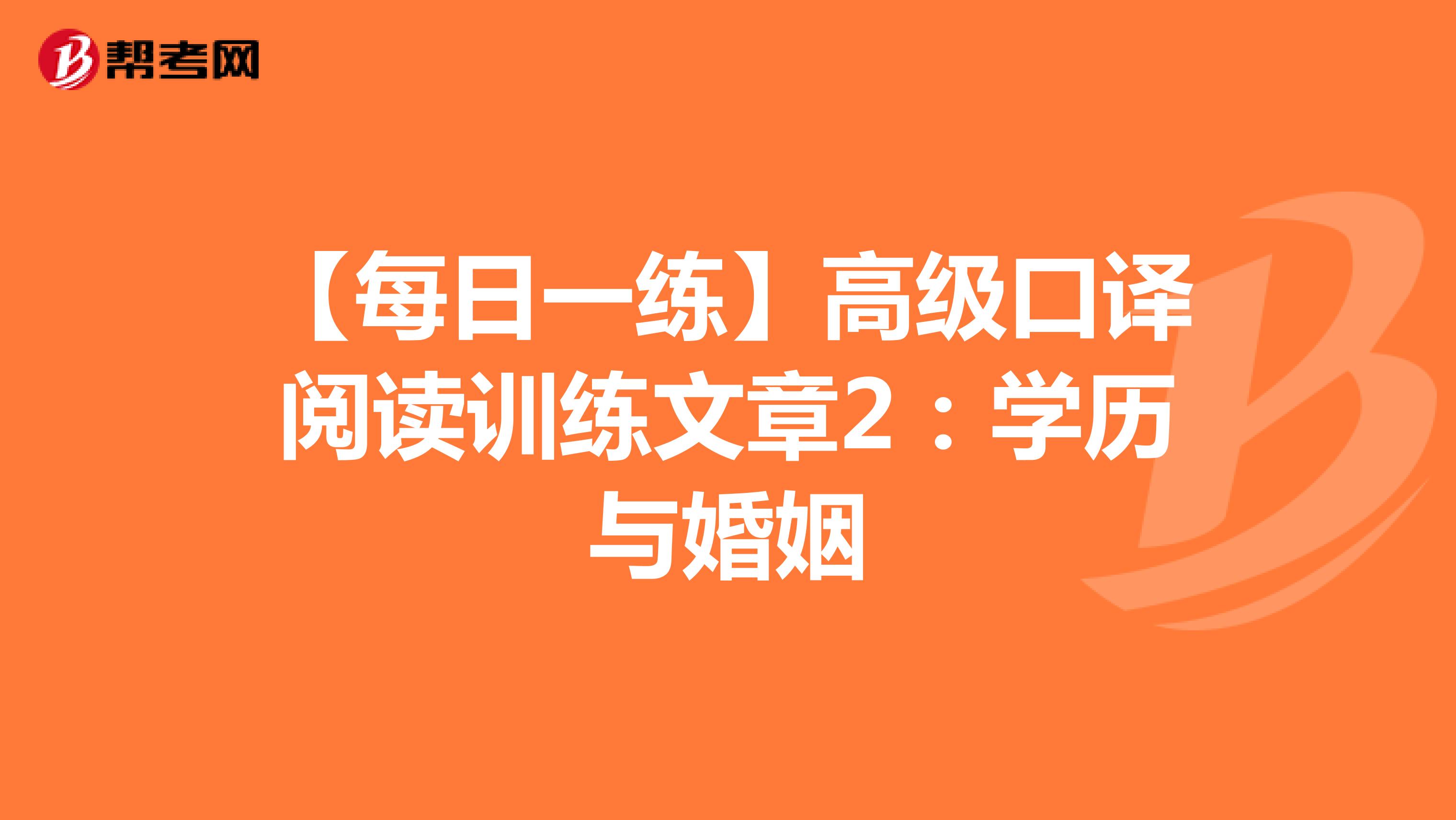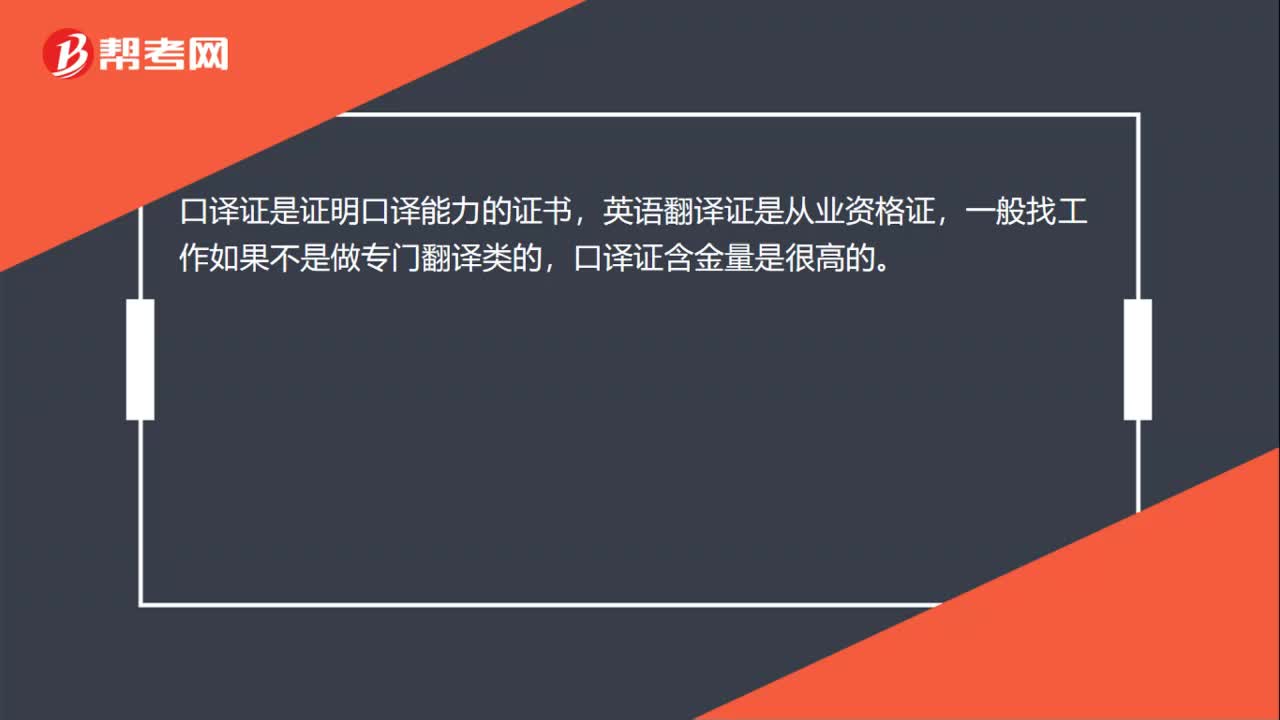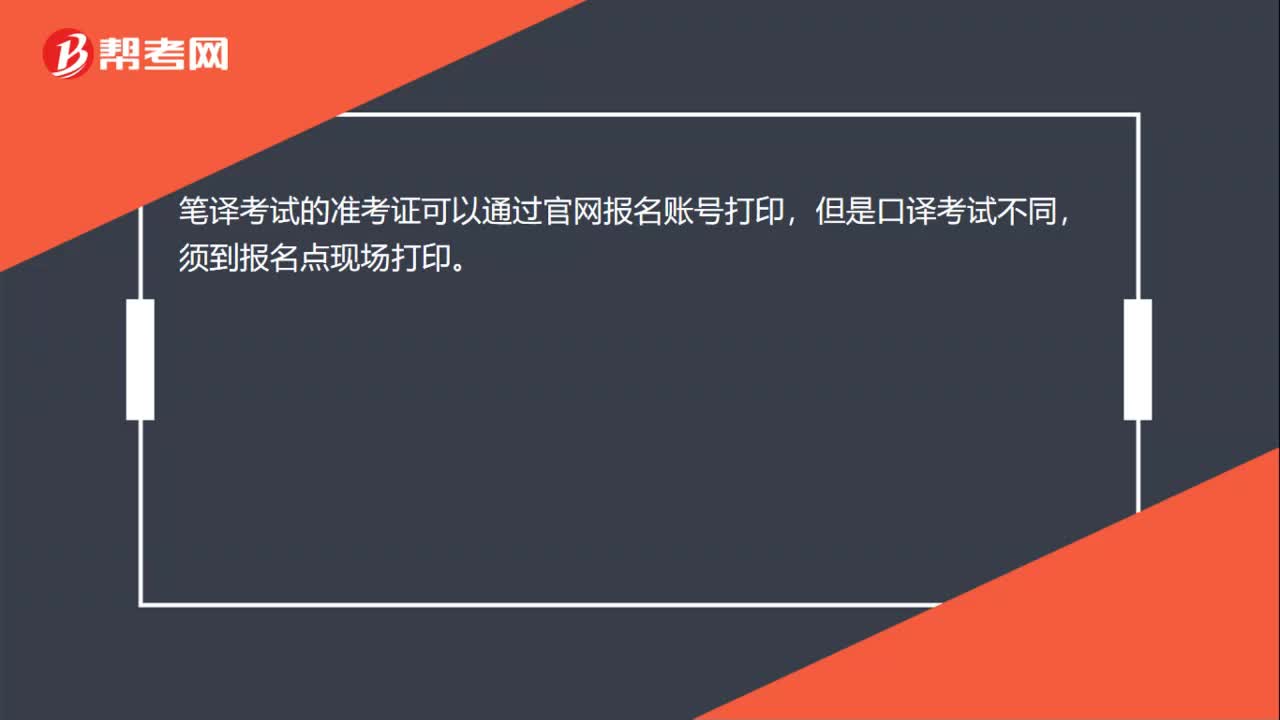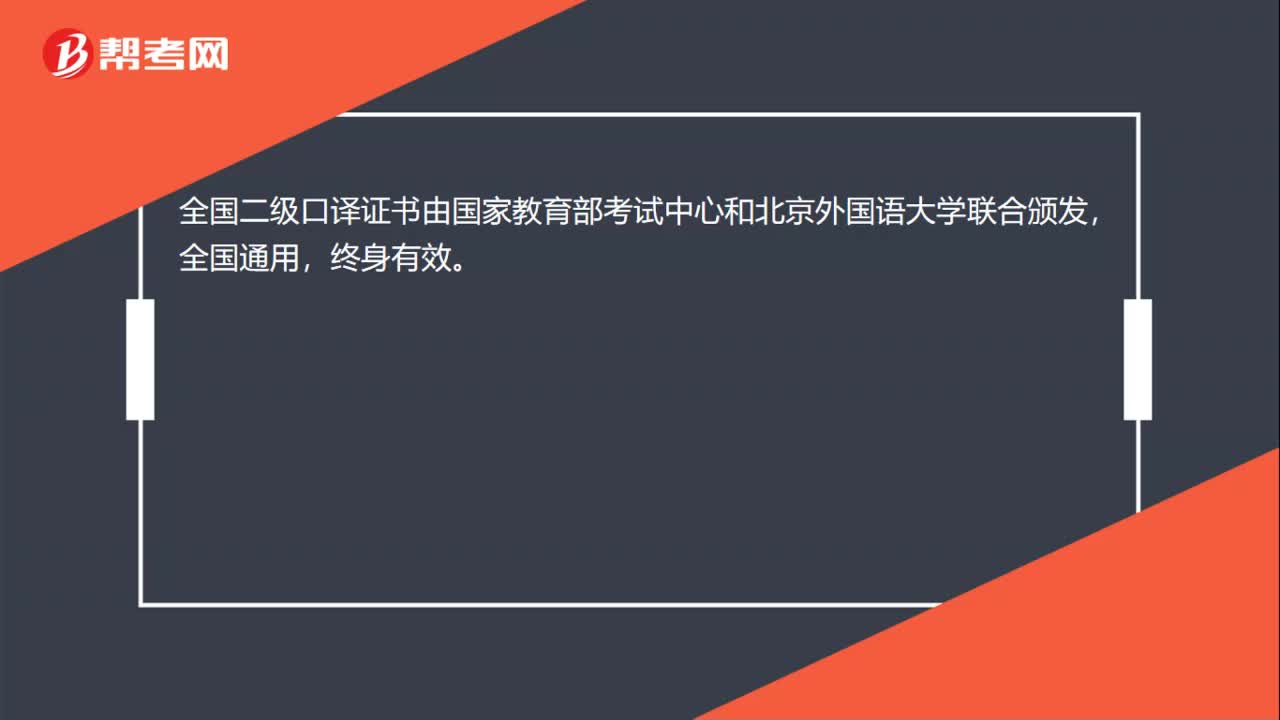
下载亿题库APP
联系电话:400-660-1360

下载亿题库APP
联系电话:400-660-1360

请谨慎保管和记忆你的密码,以免泄露和丢失

请谨慎保管和记忆你的密码,以免泄露和丢失

为了帮助广大考生顺利通过口译笔译考试,帮考网为大家分享了一些口译笔译相关内容,希望大家每天坚持练习,积极备考。
Women With Degree Are Happier In Marriage
There was a time, not that long ago, when women were considered smart if they played dumb to a get a man, and women who went to college were more interested in getting a "Mrs. degree" than a bachelor\'s. Even today, it\'s not unusual for a woman to get whispered and unsolicited counsel from her grandmother that an advanced degree could hurt her in the marriage market. Despite the fact that more women than men now attend college, the idea that smart women finish last in love seems to hang on and on.
"There were so many misperceptions out there about education and marriage that I decided to sort out the facts," said economist Betsey Stevenson, an assistant professor at the Wharton School at the University of Pennsylvania. So along with Wharton colleague Adam Isen, Stevenson crunched national marriage data from 1950 to 2008 and found that the marriage penalty women once paid for being well educated has largely disappeared. "Marriage rates in the U.S. for college-educated women have risen enormously since the 1950s," Stevenson said. "In 1950, less than three quarters of white college-educated women went on to marry by age 40 [compared with 90 percent of high-school graduates]. But today, 86 percent marry by age 40, compared with 88 percent of high-school grads."
“In other words, the difference in marriage rates between those with college degrees and those without is miniscule," said Stephanie Coontz, a family historian at Evergreen State College and author of Marriage: A History. The new analysis (detailed in a briefing paper released last week by the Council on Contemporary Families) also found that while high-school dropouts had the highest marriage rates (93 percent) in the 1950s, today college-educated women are much more likely to marry than those who don\'t finish high school (86 percent versus 81 percent).
Of course, expectations have changed dramatically in the last half century. "In the 1950s, a lot of women thought they needed to marry right away," Coontz said. "Real wages were rising so quickly that men in their 20s could afford to marry early. But they didn\'t want a woman who was their equal; they wanted a woman who looked up to the man. Men needed and wanted someone who knew less." In fact, she said, research published by sociologist Mirra Komarovsky in 1946 documented that 40 percent of college women admitted to playing dumb on dates. "These days, few women feel the need to play down their intelligence or achievements," Coontz said.
The new research has more good news for college grads. Stevenson said the data indicate that modern college-educated women are more likely than other groups of women to be married at age 40, are less likely to divorce, and are more likely to describe their marriages as "happy" (no matter what their income) compared with other women. The marriages of well-educated women tend to be more stable because the brides are usually older as well as wiser, Stevenson said. Researchers have long known that the older people are when they marry, the more likely that the marriage will last. "When a man with only a high school degree marries by age 20, there\'s a 49 percent chance that he will be divorced within 10 years," she said. "Compare that with the man who gets married in his mid-30s who has a college degree. Ninety percent will still be married 10 years later."
The data also point to significant racial differences. While white women with college degrees are slightly less likely to marry than their less-educated sisters, a different scenario emerges among African-American women. Today, 70 percent of black college-educated women marry by age 40, compared with 53 percent of those who never finished high school. In the 1950s, black college-educated women were much less likely to marry than those with less education. "What all this tells me is that our perceptions lag behind the reality of our time," Stevenson said. "College-educated women have been closing the gap very steadily."
词汇:
sort out the facts:阐明事实
equal:名词,平等角色
senario:现象
dropout:辍学
hang on:坚持,保持,(某种状况)持续不变
看到这里小伙伴们是否有所收获呢?希望帮考网为大家分享的内容能给大家带来帮助,后续也可以多关注帮考网,这里有更多的考试资讯,你想知道的都在这!
 23
23中级口译的笔译证书有效期是多久?:中级口译的笔译证书有效期是多久?通过笔试考试后,2年内有4次口试机会。只有在规定时间内通过了笔试和口试成绩才能拿到相应的证书,否则笔试成绩就自动无效。一旦拿到证书,就是终身有效的。
 27
27三级笔译和口译考试每年可以考几次?:三级笔译和口译考试每年可以考几次?通常情况下笔译口译考试都是每年两次。上半年一般在1月份报名,5月份考试,下半年一般在7月份报名,11月考试,各省市情况不一,具体情况可上CATTI官网或各省市人事考试网查询。
 17
17口译证的含金量高吗?:口译证的含金量高吗?口译证是证明口译能力的证书,英语翻译证是从业资格证,一般找工作如果不是做专门翻译类的,口译证含金量是很高的。
 00:23
00:232020-06-03
 00:15
00:152020-06-03
 00:27
00:272020-06-03
 00:17
00:172020-06-03
 00:17
00:172020-06-03

微信扫码关注公众号
获取更多考试热门资料